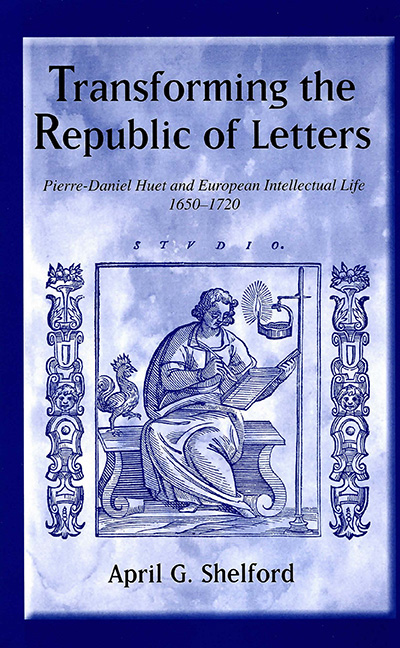Book contents
- Frontmatter
- Dedication
- Contents
- List of Illustrations
- Acknowledgments
- Introduction
- Chapter 1 The Road to Parnassus, 1648–61
- Chapter 2 The Lives of Poems, 1653–63
- Chapter 3 The Empire of Women, 1651–89
- Chapter 4 The Gate of Ivory, 1646–90
- Chapter 5 Defending Parnassus, 1666–92
- Conclusion A Dialogue with the Future
- Notes
- Selected Bibliography
- Index
Chapter 4 - The Gate of Ivory, 1646–90
Published online by Cambridge University Press: 11 May 2017
- Frontmatter
- Dedication
- Contents
- List of Illustrations
- Acknowledgments
- Introduction
- Chapter 1 The Road to Parnassus, 1648–61
- Chapter 2 The Lives of Poems, 1653–63
- Chapter 3 The Empire of Women, 1651–89
- Chapter 4 The Gate of Ivory, 1646–90
- Chapter 5 Defending Parnassus, 1666–92
- Conclusion A Dialogue with the Future
- Notes
- Selected Bibliography
- Index
Summary
Happy the man, who, studying nature's laws, Through known effects can trace the secret cause—His mind possessing in a quiet state, Fearless of Fortune, and resigned to Fate!
—Virgil, Georgics II, translated by John DrydenWorldly Knowledge
Pierre-Daniel Huet reminded readers of the Demonstratio evangelica (1679) that there were two ways of acquiring knowledge: The human means of reason and the senses and the divine way of faith. He compared them to the gates Aeneas confronted when leaving the underworld: the Gate of Horn, through which “true shades” passed, and the Gate of Ivory, reserved for the exit of “false dreams.” “Obscure, doubtful and deceptive,” the human way of knowing was like the ivory gate. “The infinite questions and tricks of philosophers” made it impassable, and it yielded only uncertain truth. But the divine way of horn—that of revelation—was clear and constant, because a “celestial light” illuminated the soul's way.
In this chapter, we follow Huet through the Gate of Ivory. He had stepped through it long before he published the Demonstratio as his defense of curiosity in the last chapter proves. That defense also reflects how much curiosity had shed its Augustinian characterization as a form of lust to become a spur to pursuit of knowledge of the natural world. Huet's Jesuit instructors prepared him well for this endeavor. The year 1646 begins this chapter, because in that year he honored his teachers by publicly defending a roster of theses, many of which focused on natural philosophy. Thereafter, he cultivated an intellectual network that valorized and furthered collaborative efforts in science just as he had to further his projects in letters. Conflicts arose in this intellectual arena too. In the late seventeenth century, three philosophies of science competed for supremacy: neo-Aristotelianism, Cartesianism, and Gassendist-Epicureanism. Huet chose the third, as did his chief collaborator in natural philosophy, André Graindorge. Their letters show the evolution of Huet's anti-Cartesianism and, as French science turned increasingly Cartesian, how English developments provided him and his friends with an alternative model. Huet's endeavors in natural philosophy, his involvement with the groups that coalesced around such projects, and the positions he took on contested issues continued to define his ideals of learning and appropriate behavior—ideals which he gave a powerful literary embodiment by 1692.
- Type
- Chapter
- Information
- Transforming the Republic of LettersPierre-Daniel Huet and European Intellectual Life, 1650–1720, pp. 114 - 143Publisher: Boydell & BrewerPrint publication year: 2007

